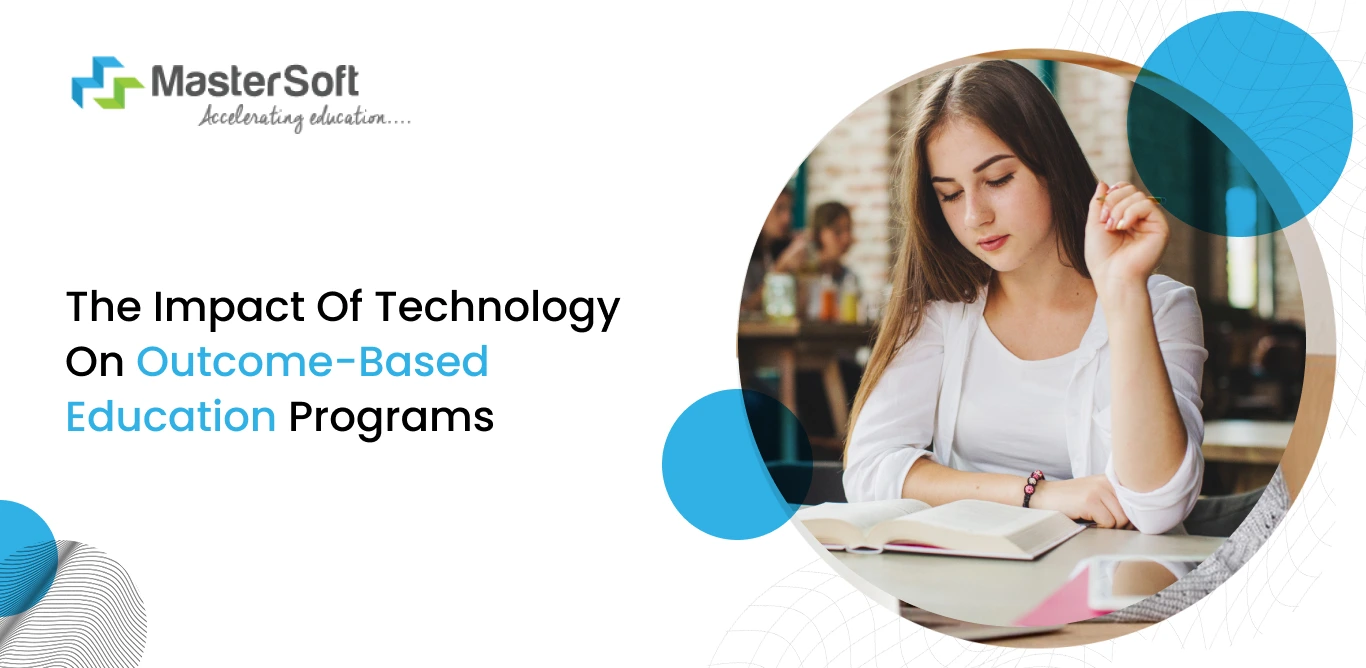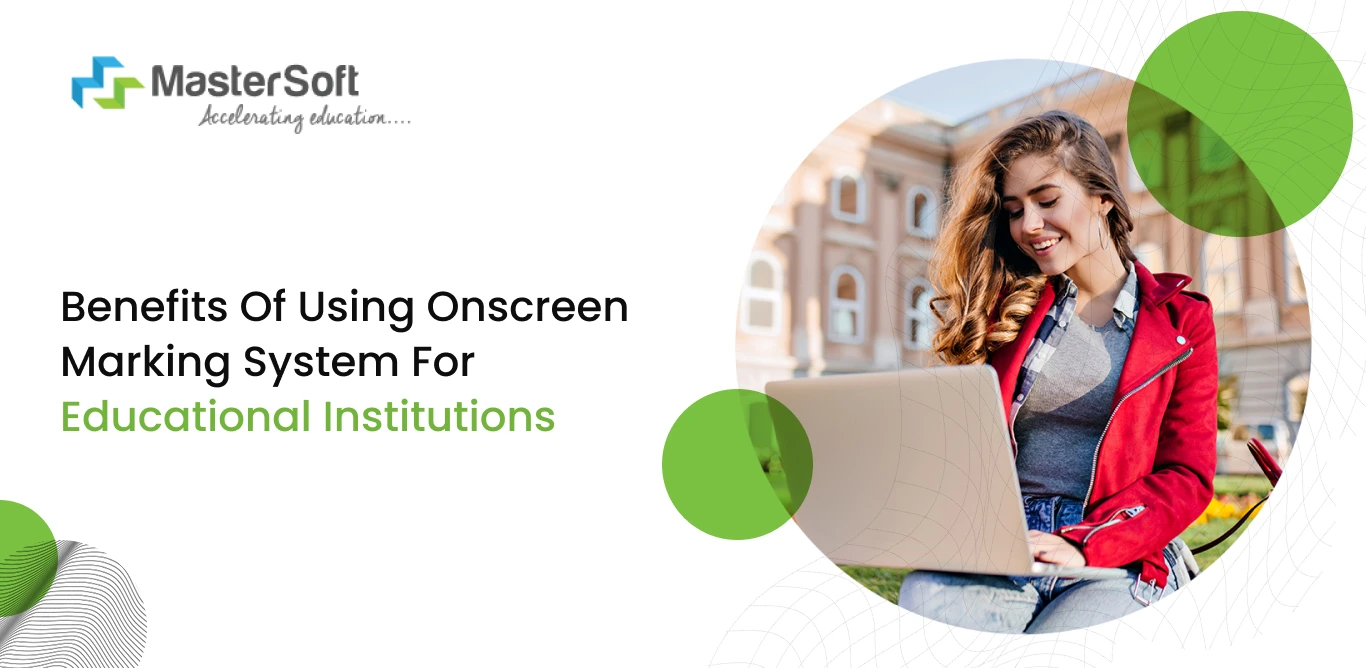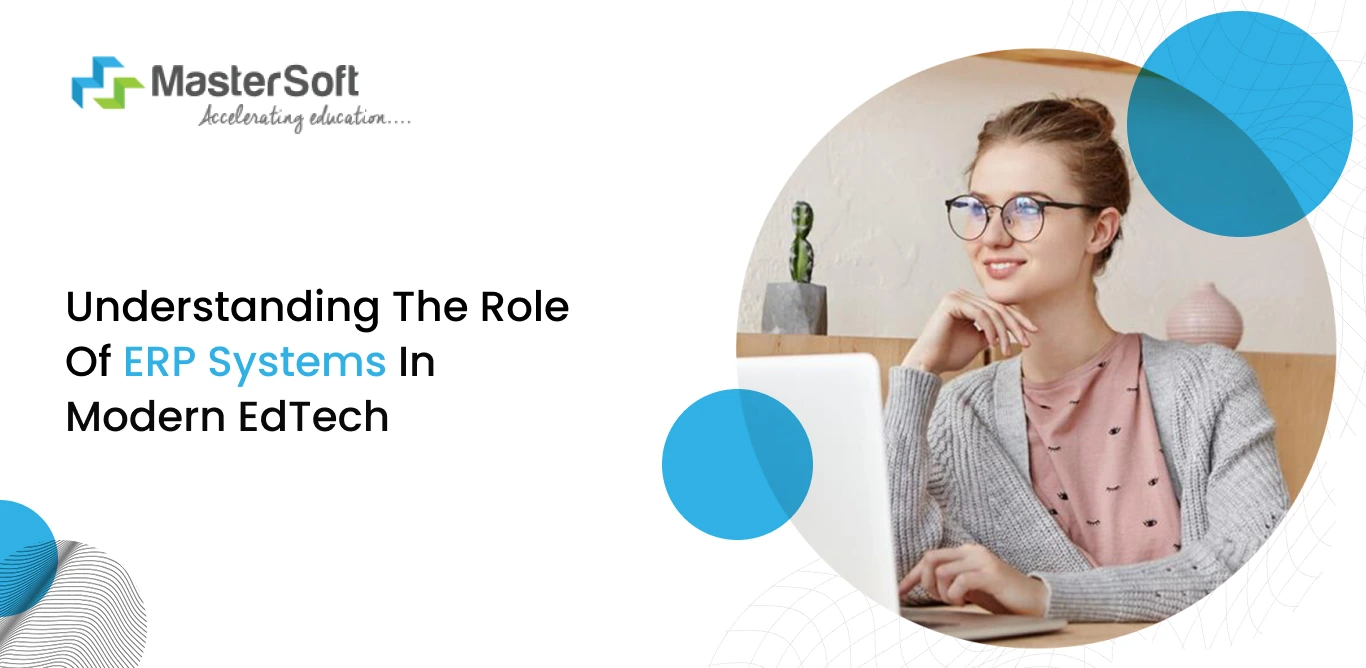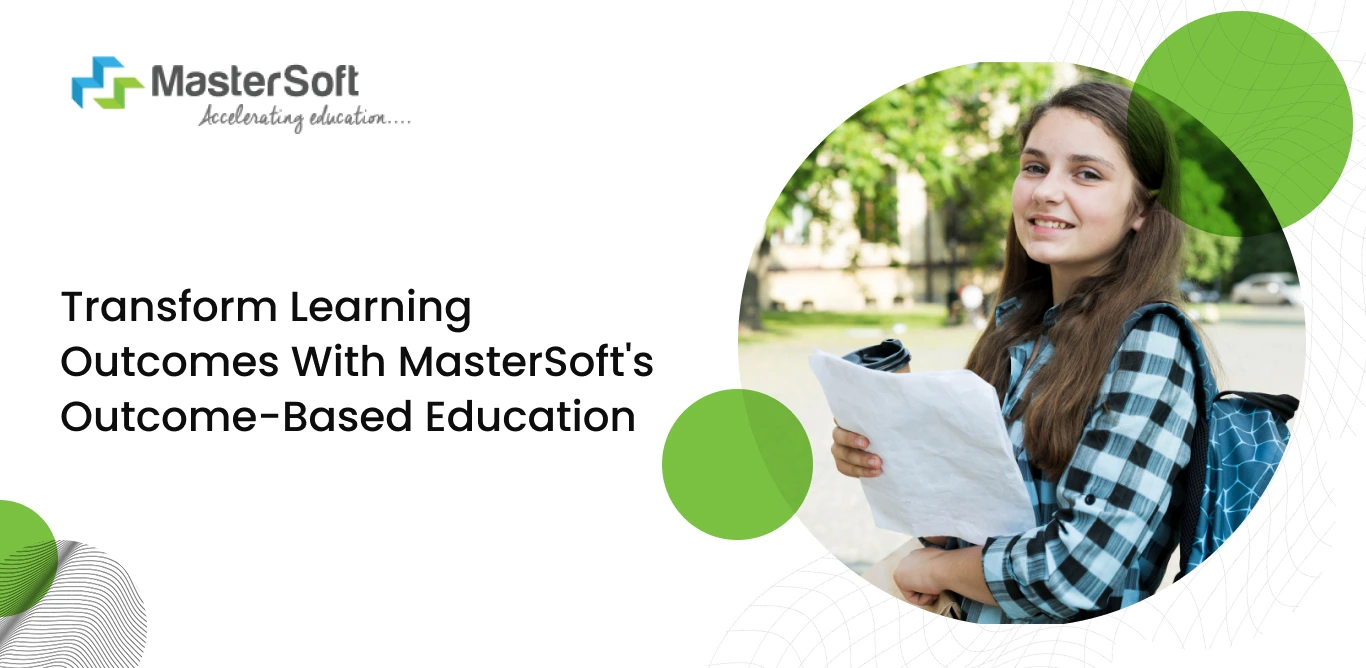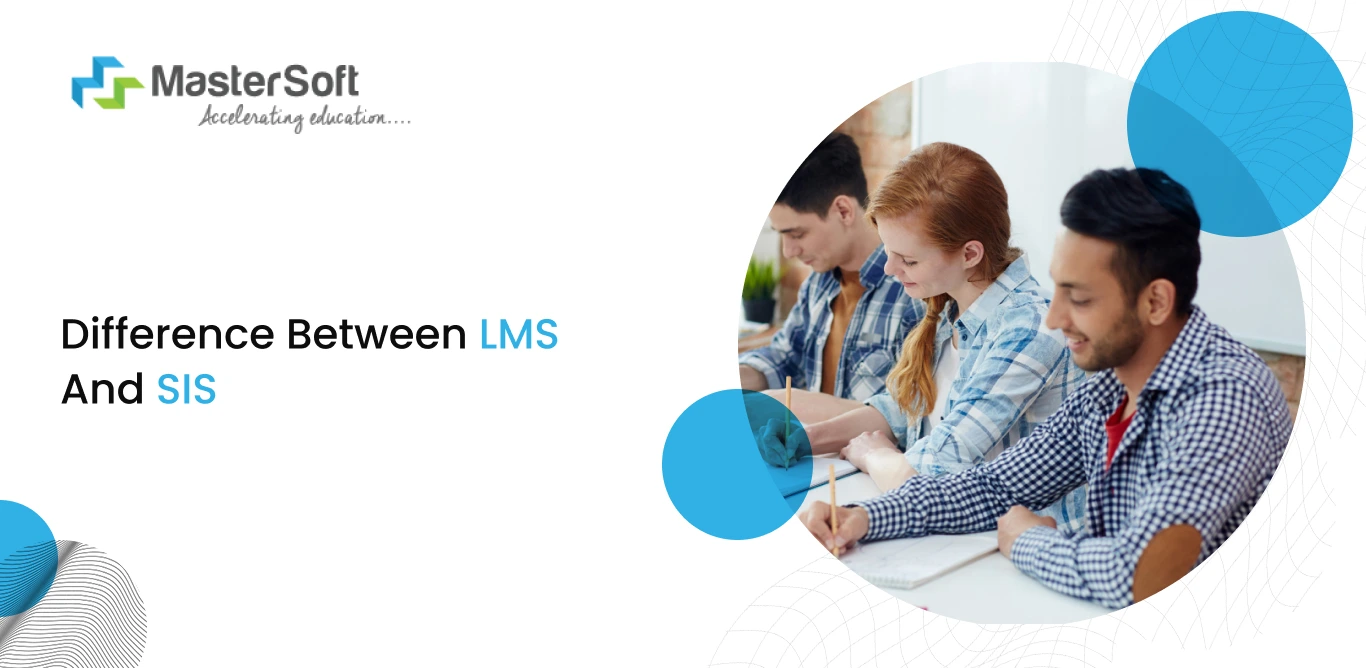06, Jan 2025
The modern education system no longer relies on standardised theoretical approaches and prioritises innovative teaching and learning techniques. Outcome-based education is one such strategic pedagogy that enables educators to implement a goal-orientated educational system.
However, facilitating OBE is an elaborate task that can take a lot of time and effort, especially if the teacher does not have adequate resources and support. Fortunately, incorporating technological tools has helped to streamline the process, leading to an effective education system.
But what is outcome-based education, and how does it impact student learning experiences? Let us have a look:
What is outcome-based education?
Outcome-based education is an innovative educational approach that emphasises the learning outcomes at the beginning of the course or program. In effect, it allows teachers and students to focus on the competencies, skills, and knowledge that students should learn by the end of the course.
Furthermore, it is a student-centric methodology, wherein teachers adapt the assessments and assignments according to the specific needs of individual students. Besides, OBE allows teachers to use a variety of teaching and learning activities, helping to cater to different learning styles.
The approach enables educators to assess the effectiveness of the program through analytic data, thereby highlighting relative strengths and weaknesses. Also, the regular review or evaluation helps to determine if the program meets the ongoing learning demands.
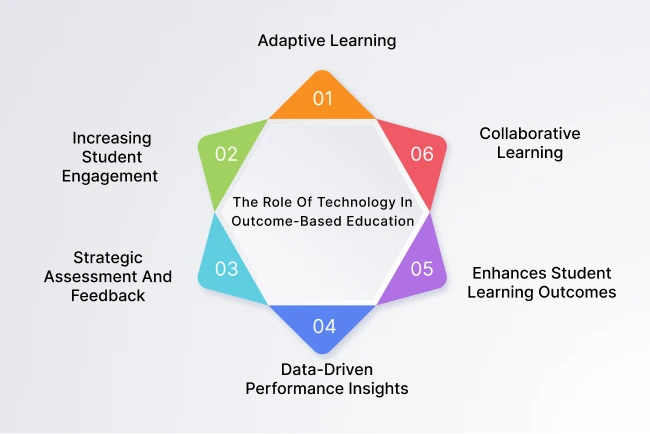
The Role of Technology in Outcome-Based Education
1. Adaptive Learning
The one-size-fits-all approach is incapable of addressing the different issues that students face; on the contrary, OBE aims to provide comprehensive development for all learners. That is where a tool like a learning management system proves to be instrumental in personalising education.
- Design OBE curriculum
- Develop and implement various assessments (surveys, quizzes, and discussion forums).
- Use the LMS to store and streamline course materials like assignments and syllabi according to specific learning outcomes and instructional methods.
- Students can use the self-assessment tools to monitor their own progress and determine areas of improvement.
Learning Outcomes - Types, And Examples Of Learning Outcomes
2. Increasing Student Engagement
Passive learning adds little to no value to students' learning experiences; it is insufficient and does not provide critical thinking opportunities. OBE is an ideal methodology as active learning is central to it and urges students to take an active interest in their learning process.
Students get the chance to take part in various activities like discussions, group work, and experiential projects. Consequently, they can apply their knowledge and skills to real-world problems, boosting students’ creative thinking and problem-solving abilities.
Furthermore, teachers can leverage the ERP software to make learning interactive through simulations and games. On the other hand, they can conduct impromptu quizzes and online discussions as a part of regular classroom activities.
3. Strategic Assessment and Feedback
Educators can utilise both traditional (paper-based examination) and online assessments effectively by aligning them with the OBE framework. Online examination software is an appropriate tool that they can use to conduct online assessments.
Teachers can facilitate in-classroom activities such as group discussions and debates as well as encourage students to maintain journals. At the same time, they can assign projects, presentations, and case studies, allowing students to research and learn independently.
Moreover, teachers can provide constructive feedback for all assignments; peer feedback is also a great way for students to identify each other's academic progress. In effect, it will help them to get an understanding of their core issues and work on them.
4. Data-Driven Performance Insights
One of the best ways to improve student learning habits and outcomes is by systematically analysing students' performance. That is where using ed-tech tools to carry out data analysis mechanisms like descriptive analytics is immensely useful.
Descriptive analytics helps to identify students who have been struggling in various academic areas and customise teaching activities to cater to their needs. On the other hand, diagnostic analytics highlights the specific areas where students struggle the most.
What’s more, teachers can uncover the root causes or underlying reasons for the problem areas; therefore, they can leverage the learning tools to facilitate effective learning. For instance, adjusting the difficulty levels of assessments or incorporating specific instructional activities are ideal strategies.
5. Enhances Student Learning Outcomes
If only a handful of students attain academic progress while others encounter difficulties or struggle indefinitely, it leads to inconsistent student outcomes. Therefore, institutional and instructional efforts must strive towards the collective success of all students.
An ideal solution lies in leveraging ed-tech software to identify at-risk students by analysing academic performance data and attendance reports. As a result, teachers will be able to identify the early signs or indicators of academic failure or decline.
Furthermore, this is where they can use diagnostic analytics to determine future trends and design and implement lessons accordingly.
6.Collaborative Learning
Collaborative learning boosts academic and personal growth, which are key objectives of an outcome-based education system. Hence, educators can conduct a variety of collaborative learning activities such as:
- Case studies
- Group projects
- Think-pair-share discussions
- Problem-based learning scenarios
- Debates
- Collaborative research projects
- Simulations
However, establishing clear guidelines is crucial for the success of collaborative learning activities; for instance, they must clarify the learning outcomes. Emphasising the rules for structured group work enables students to experience a productive learning experience.
Moreover, students can collaborate through discussion boards and virtual spaces to engage in various activities. In effect, it fosters a sense of community and improves their social and communication skills. Also, they learn to become more tolerant of different points of view.
Transform Learning Outcomes with MasterSoft's Outcome-Based Education
The Future of Tech-Enabled Outcome-Based Education
Artificial Intelligence and Machine Learning
Higher educational institutes have already started to integrate AI (artificial intelligence) and machine learning (ML) in educational approaches. AI-powered tools will enhance the teaching and learning system in the future by automating administrative activities. At the same time, smart tutoring tools will provide 24/7 learning assistance to students.
On the other hand, machine learning will help to improve the overall learning experience by predicting outcomes, accelerating research, etc.
Virtual Reality and Augmented Reality
Virtual Reality and Augmented Reality (AR and VR) help to create an immersive learning experience through the simulations of real-world scenarios. Teachers can use the technology to demonstrate complex topics practically. For instance, students can get an in-depth understanding of past events, animal cells, historical sites, etc. Therefore, it can add value to the outcome-based education system significantly.
Conclusion
Technology has become indispensable for facilitating outcome-based education as it allows teachers to transform the way students learn. Moreover, it helps to personalise learning and increase student engagement in the classroom.
Tools like the learning management system and ERP software provide data-driven insights, which help to determine learning gaps and customize learning effectively.
Simplify your faculty hiring process with MasterSoft’s faculty management system.
Mobile: 08448010216
Email: janki.somani@iitms.co.in

